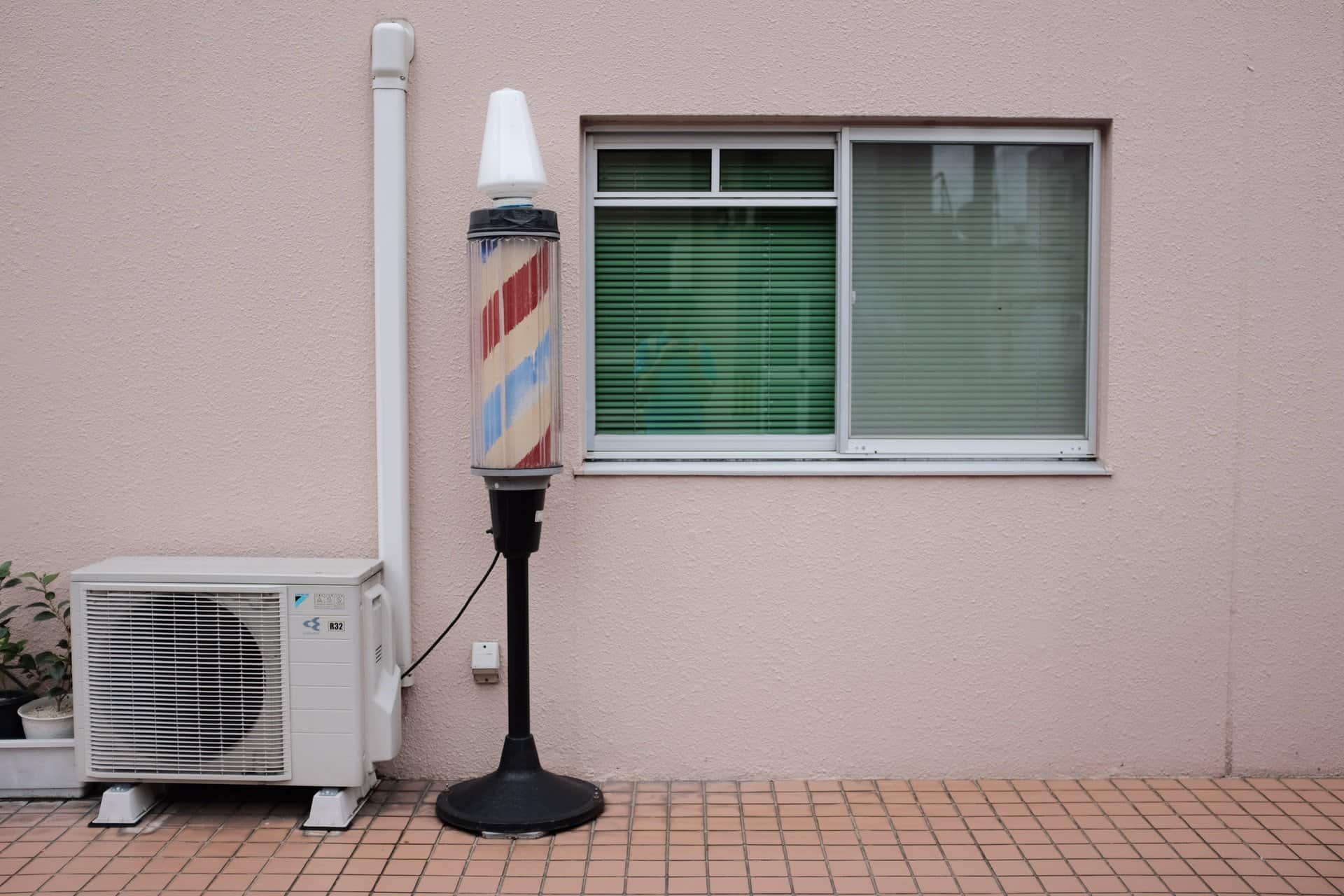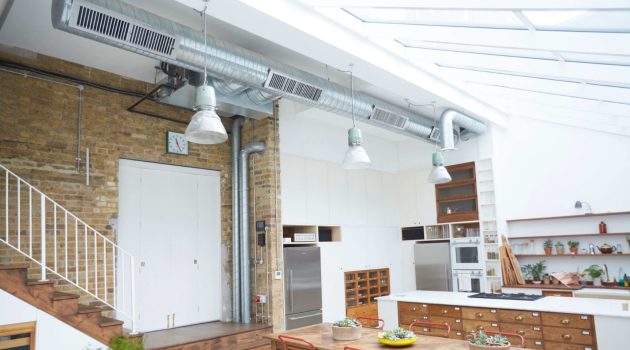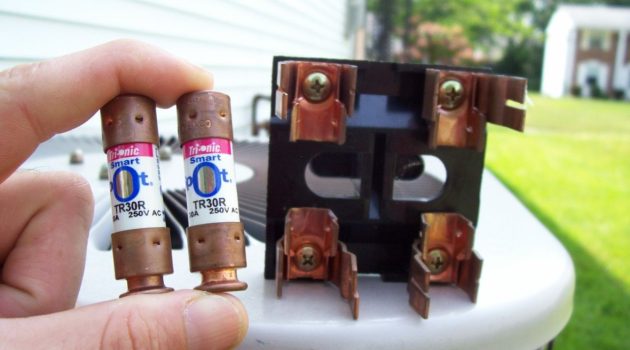There’s no question that air conditioning is an essential tool for beating the heat.
In fact, depending on where you live, getting through the summer months without A/C is liable to prove downright impossible.
However, this isn’t to say that air conditioning should be the only home cooling aid at your disposal.
As many homeowners have come to discover, an overreliance on A/C can lead to exorbitant summertime utility bills.
So, in the interest of minimizing A/C use while keeping your home nice and cool, consider the following guides.
1. Install Ceiling Fans Throughout Your Residence
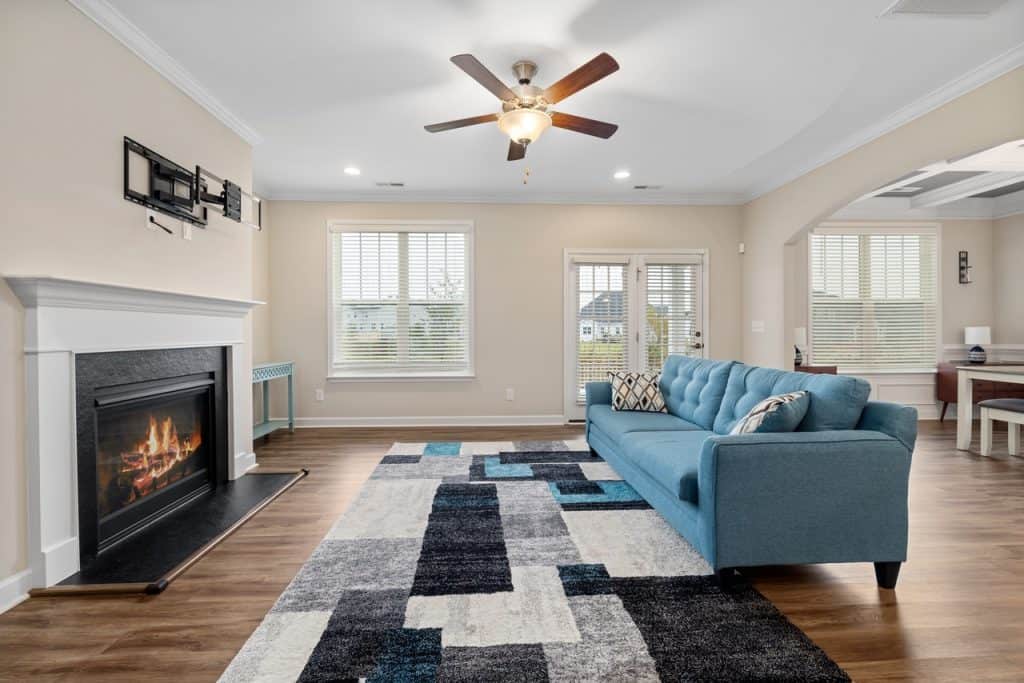
Due to our obsession with air conditioning, many of us seldom stop to consider the many advantages of dependable ceiling fans.
For starters, ceiling fans can play an integral role in distributing the cool air produced by your A/C system all around your residence.
Secondly, once their blades have been adjusted to turn counterclockwise, they can produce cool breezes that flow directly downward, thus enabling them to function as convenient cooling aids independent of air conditioning.
So, if your current ceiling fans are in need of an upgrade – or your home lacks ceiling fans altogether – check out the amazing products from HunterFan.
2. Ditch Heat-Producing Light Bulbs
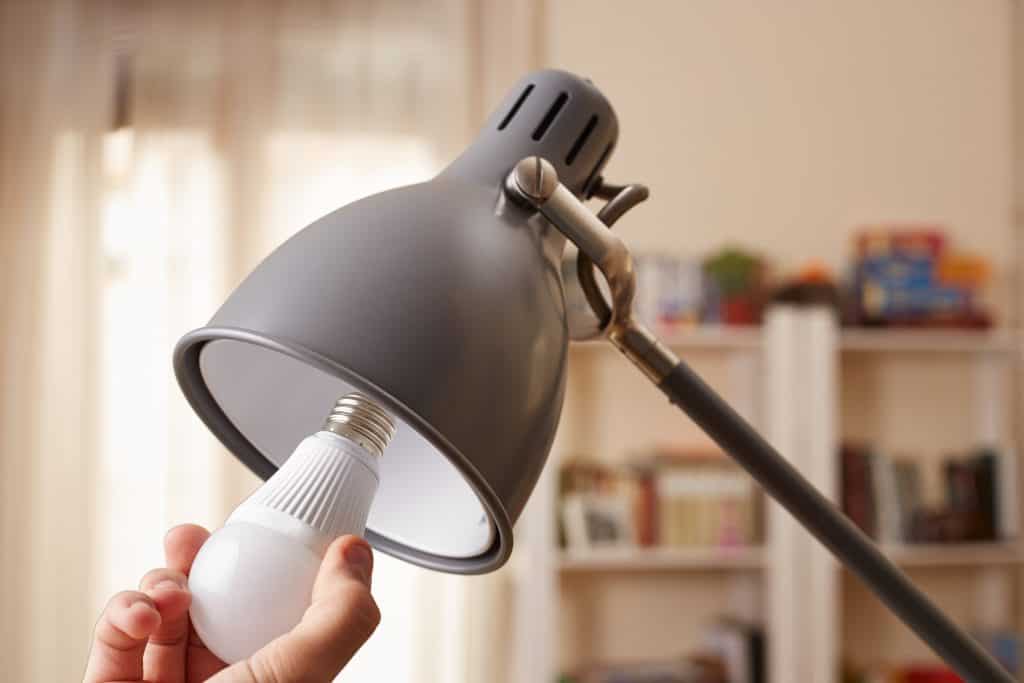
Although many of us are vaguely aware that energy-efficient CFL and LED light bulbs hold certain advantages over traditional incandescent bulbs, we don’t quite realize the full extent of their superiority.
To start with, CFL and LED bulbs have much longer lifespans and consume a lot less energy than incandescents.
In addition, since they produce far less heat, they can be a boon to your summertime cooling efforts.
There are a variety of reasons for which people refuse to make the jump from outdated incandescents to energy-efficient bulbs.
For example, if you’ve spent your entire life using incandescents, you may be sticking with them out of sheer force of habit. There’s also the matter of cost.
Since traditional bulbs tend to come with lower price tags than their energy-efficient alternatives, many of us simply can’t pass up the opportunity to save some money.
While there’s nothing inherently wrong with being frugal, it’s important to note that energy-efficient bulbs stand to save you quite a bit in the long run.
As previously stated, they last longer and consume less power than incandescents, which can help facilitate long-term savings.
In other words, making a small financial sacrifice in the short term can prove beneficial to your finances over time.
So, if your household has yet to ditch incandescent bulbs in favor of energy-efficient ones, summer is the perfect time to do so.
Read also:
- Dehumidifier vs AC for Garage: Choosing the Best Option for Your Needs
- HVAC Maintenance and Care Made Easy with Modern Tools and Equipment
- How to Integrate HVAC Units Into Your Home Decor
3. Install Energy-Efficient Windows
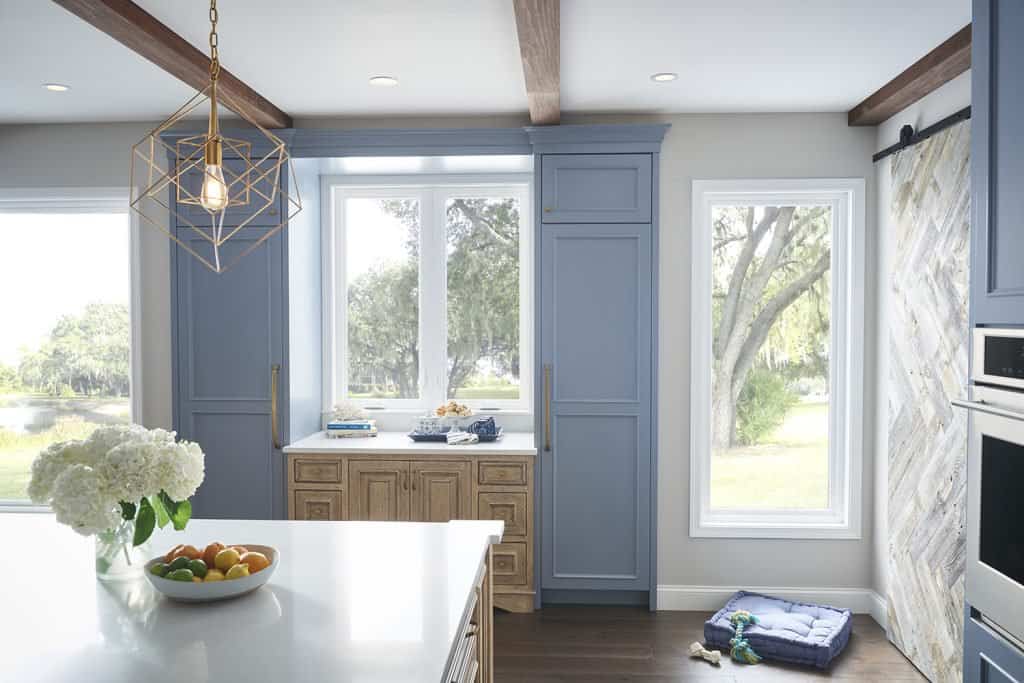
Regardless of whether your windows are opened or closed, odds are you’re losing a fair amount of cool air through them.
This stands to increase the burden on your A/C – which, in turn, stands to increase the burden on your financial resources.
So, in the interest of long-term savings, give some serious thought to upgrading to energy-efficient windows.
True to their name, energy-efficient windows are designed to maximize the efforts of central heating and cooling units.
Since they contain multiple panes, these windows are able to effectively minimize how much indoor air is able to escape and how much outdoor air is able to enter your residence.
As is the case with energy-efficient light bulbs, energy-efficient windows will require you to make a short-term financial sacrifice for the purpose of long-term savings.
Because these windows generally come with higher price tags than traditional ones, many homeowners shy away from them in the interest of saving a little in the short term.
However, when you consider how much energy-efficient windows stand to save you in heating and cooling costs, the proper choice should be very clear.
It’s impossible to overstate how vital air conditioning is in many parts of the country, particularly during the brutally hot summer months.
However, while A/C use is oftentimes essential throughout the summer, air conditioning shouldn’t be your only defense against extreme summertime heat.
Not only can excessive A/C use add to your household’s carbon footprint, it can also be a major contributor to high utility costs.
Anyone looking for feasible, effective ways to keep A/C usage to a minimum this summer should give some serious consideration to the guides discussed above.
